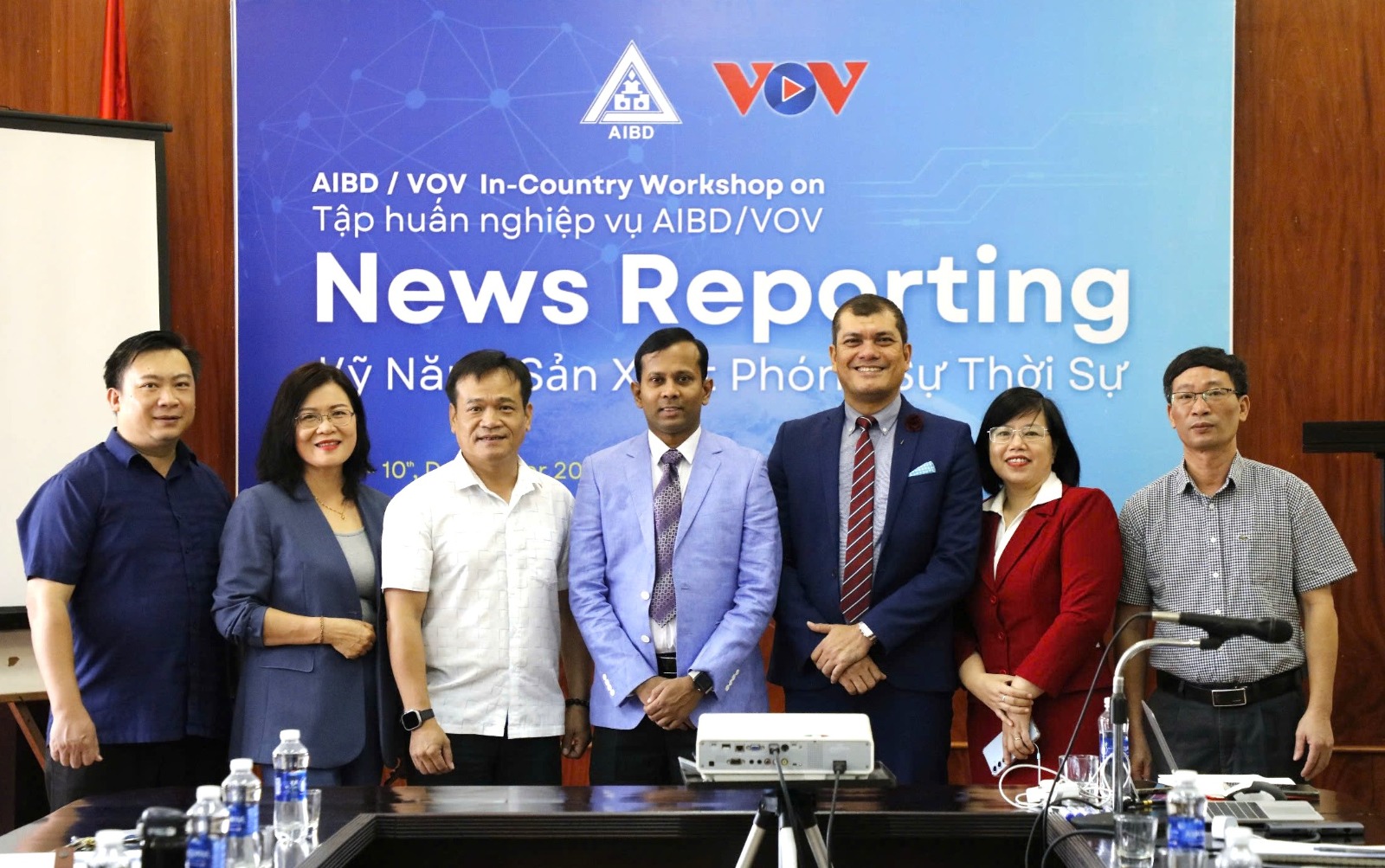ITU Survey on Digital Broadcasting in Asia-Pacific
A recent ITU survey on the general situation of digital broadcasting in Asia Pacific reveals that 10 of the 22 respondent countries and regions had implemented DTTB by 2010 while four others are in the process of introducing this technology by 2015.
The 10 countries include Australia, Cambodia, China, Hongkong, Japan, Korea, Malaysia, New Zealand, Singapore and Vietnam. Mongolia, India, Sri Lanka and Tonga are moving towards DTTB by 2015.
A recent ITU survey on the general situation of digital broadcasting in Asia Pacific reveals that 10 of the 22 respondent countries and regions had implemented DTTB by 2010 while four others are in the process of introducing this technology by 2015.
The 10 countries include Australia, Cambodia, China, Hongkong, Japan, Korea, Malaysia, New Zealand, Singapore and Vietnam. Mongolia, India, Sri Lanka and Tonga are moving towards DTTB by 2015.
Mr. Colin Knowles, an ITU consultant who was engaged to update the digital migration guidelines for Asia Pacific, says this figure is significant across the region, but much more has to be accomplished.
[img_assist|nid=1512|title=|desc=|link=none|align=center|width=499|height=333]
Mr. Knowles spoke about the survey results during the pre-summit seminar on ‘Strengthening the Digital Broadcasting Experience” that started today at the Melia Hotel in Hanoi. The two-day workshop was organized by AIBD, ABU and ITU.
Another survey finding indicated sufficient level of theoretical knowledge of DTV among many countries surveyed in the region, but they had limited practical implementation of know-how and insufficient time to build that experience internally. Most also needed assistance in policy and regulation and analogue switch off strategy.
While acknowledging that digital technology is important, he said equally critical is the adoption of policies and regulations on the number and types of services, spectrum allocation, and enhanced services related with and impact of cable and satellite prevalent in some countries in Asia Pacific.
He said success in digital switchover requires a national roadmap team that will engage all stakeholders to build consensus, a strong commitment from government, clear timetables, clear regulations about access and licenses, a sound spectrum and service planning and a solid analogue switch off strategy.
“Switching off analogue is a big job that should not be underestimated. We need a consistent message to avoid confusion among stakeholders. We also need to communicate especially among the low income households the benefits of digital and the disadvantages of keeping analogue,” he said.
Mr. Knowles is undertaking a pilot program in Mongolia as part of the digital broadcasting project ITU has initiated in five pilot countries in Asia Pacific that began in July 2010. The ITU project to be completed by end of 2011 aims not only to assist beneficiaries develop their digital roadmap and guidelines for the switchover, but also identify common concerns and themes that could be useful for other countries to consider in facilitating migration to digital. The five beneficiary countries are Cambodia, Mongolia, Nepal, Sri Lanka and Tonga.
ITU is organizing a regional workshop and consultation this November in Bangkok to examine the findings of this pilot project and share common concerns and responses on digital migration.




